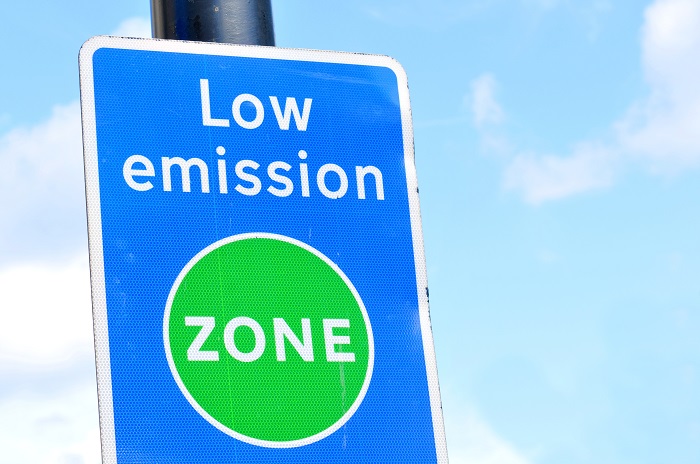Also known as 1-Bromopropane and n-propyl bromide, nPB is a powerful chemical compound that excels at removing heavy accumulations of grease from various materials with noted efficacy. However, in recent years, the safety of the solvent has come under fire from the Environmental Protection Agency (EPA) and sister organizations due to the solvent’s toxic formulation that demonstrates carcinogenicity in experiments involving lab mice.
The information from mice studies has been extrapolated to propose that nPB is also a carcinogenic solvent to humans. If you’re considering implementing nPB as a general degreasing solvent, and you have some basic questions about the compound, the answers below can provide the information you need to guide you to nBP degreasing alternatives.
- If nPB solvent is carcinogenic to humans, why it is still used?
Currently, nPB is still used because the EPA hasn’t officially added the solvent to its list of banned chemicals. However, many regulatory agencies at the state and federal levels have instituted regulatory measures that pertain to how the solvent can be used. This essentially means that nPB users must use the solvent in a limited capacity in order to reduce health threats to workers, who use the solvent in a high volume on consistent basis.
- What health problems can large-scale nPB use pose to workers?
The health problems nPB causes workers range from relatively minor to profoundly severe. Minor health ailments that nPB causes include: dizziness, upset stomach, and respiratory distress. Severe health problems that NPB causes include: the potential to cause cancer, permanent damage to the central nervous system (CNS), and blurred vision that makes it dangerous for workers to use nPB and other business-critical cleaning solvents.
- How can continuing to use nPB degreasers impact my company?
Aside of regulatory requirements, the primary impact of using nPB degreasers pertains to how it affects workers. Employees consistently deploy nBP can lead to lack of productivity on the workfloor due to the minor effects of nPB exposure, which can in turn lead to an increased number sick days taken. Employees that experience chronic, irreversible health effects can lead to an increase of workers compensation claims, chemical injury lawsuits, lucrative court settlements for the lawsuits, and fines from regulatory agencies for overusing the solvent.
- Will the EPA add nPB to its list of banned and regulated chemicals?
Considering the deleterious effects nPB can have on the health outcome of workers, there’s a good chance that that nPB will eventually be added to the EPA’s list of hazardous air pollutants (HAPs). However, the EPA doesn’t suddenly add chemicals to the list. Rather, a chemical’s inclusion on the list is typically announced months in advance in order to give nPB users enough time to replace nPB with NPB degreasing alternatives that have a safer profile.
- What if nPB makes the EPA’s list, and I still have a large quantity of it?
This situation usually happens to companies and organizations that remain in the dark about the need to replace nPB with safer nPB degreasing alternatives. If for some reason you still have a stock supply of nPB after its use has been curtailed by official, governmental decrees, you may still be able to use the solvent — albeit in limited quantities — until the supply is depleted. For this to happen, the use of nPB must be regulated instead of being banned outright.
- What are examples of nPB degreasing alternatives for replacing nPB?
Thanks to the recent advancement of environmentally safe and environmentally prefered solvents, there’s a wide range of nPB degreasing alternatives that deliver the same efficacy as nPB, but lack toxic chemicals that can have a major, negative impact on the health of workers who apply the solvent. For reference, one of the easiest ways to identify nPB degreasing alternatives is to use Ecolink’s product list that offers several, safer degreasing agents.
Need nPB Degreasing Alternatives?
The future of nPB use is bleak, as there is a good chance that the EPA will eventually add the solvent to is list of HAPs. This means now is the time to start identifying safer industrial degreasers that exhibit same or better efficacy as NPB degreasers. Ecolink can assist you with identifying and supplying eco friendly degreasers, providing stock degreasers or custom blends that are tailored to address your unique set of degreasing requirements.
To place an order, or to receive help choosing the right nPB replacement for your degreasing needs, call us today at (800) 563-1305, or use the contact form on our website. We look forward to helping you choose the right product regarding worker safety and regulatory requirements.















